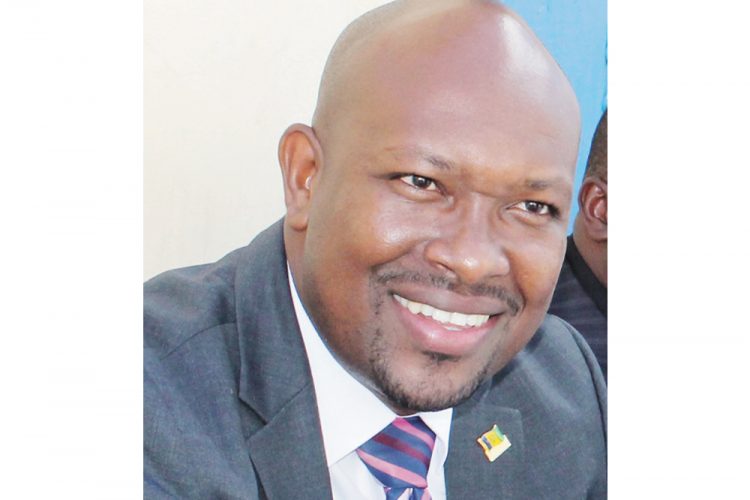Mother’s Day under COVID – 19

I had another Mother’s Day, always a very special occasion for me, without my dearly beloved deceased mother, but, I tell you what, I am far from being the only one. Millions of others, here and all over the world, were in the same situation, and lest we feel collectively sorry for ourselves, COVID -19 reminds us that there were others losing their precious mothers on that same Mothers’ Day. Just think of our compatriots in New York or the UK for instance, in the epicentres of the epidemic and what some of them must have gone through last Sunday!
Yet, much as we mourn the loss of the bereaved mothers, it is important that we keep focus and think of those, mothers and children alike, having to face the day-to-day effects of the pandemic. Think of the mothers, laid off from their jobs and without incomes, save for the subsidies from the state or state agencies. To make matters worse, some of these have lost the remittances sent home from relatives abroad because they too have become economic victims of the COVID.
In our context, it is important to recognize that many of those directly affected negatively, laid off or with significantly reduced work times, and incomes, are mothers themselves. The workforce in the hospitality industry – hotels, restaurants, entertainment spots – is dominated by women, most of them mothers. “Happy Mothers’ Day” must have had a very hollow ring to many of these. That is why, in whatever relief or assistance measures taken, whether by government or private employers, a gender perspective is so necessary. Often, it is not just a female worker sent home; she may be a mother of two or three children, and even the “minder” of an ailing mother at home, the family breadwinner. It is not just her personal welfare on the line, it is the welfare of an entire family.
Then there is the no-small matter of the children and education. Besides the everyday concerns of coping with children in a restricted environment, with no schoolteachers to share the daytime caring burden, the spectre of the new school year, whenever it begins, looms ahead. This is very challenging in normal times, much more to the resumption after the COVID hit. Even the state will be significantly limited in its means to assist.
In the current circumstances, the emphasis on health and safety is not only understandable, but correct. However, one cannot ignore the essential ingredients of food and nutrition. In this respect, I commend the Ministry of Agriculture, spearheaded by Minister Saboto Caesar, for its initiative to provide some nutritional support to needy families in the form of food boxes. The action is all the more commendable in that it is based on local produce, purchased from farmers, thus providing a market for farmers already facing the challenge of exports to “lockdowned” or financially-affected regional markets.
It is a fact of life, and an irony too, that agriculture and fisheries have turned out to be the sectors of greatest economic opportunity in, not just the current crisis, but in the post-COVID world as well. I reflect on the arguments of the so-called “experts” and short-sighted politicians during the eighties and nineties, virtually tolling the bell on these sectors. Everything pointed to tourism, yes tourism, and information technology as the areas on which we should concentrate. We failed to understand that grasping new opportunities does not mean neglecting the fundamentals. Food is Numero Uno among these. However the world changes, whatever we do, the role of food is constant and agriculture and fisheries will ALWAYS be fundamental.
AVOID POLITICAL CONNOTATIONS
Having said all of this, it is important not to confuse worthy and needed interventions with any sort of political connotations. It is unfortunate that our country and some of its neighbours have to grapple with the pandemic with one eye on impending elections. Whether so or not, every action on the part of those governments, is going to be viewed not on its own merit, but as to whether it is aimed at winning electoral support. Naturally, governments themselves will not be immune to temptation.
Thus, in my opinion, it is a pity that, given the “love” themes used by the ruling ULP in previous initiatives, the “Love Box” should be the name chosen for the laudable nutritional box programme. Inevitably, a most deserving programme runs the risk of being associated with a party slogan. It does not have to be like that.
Naturally, the organisers of this deserving initiative will disagree and point to the absolute NEED for such a programme and its intrinsic value. I agree wholeheartedly, but could we not have avoided the connotation? It is true that every action taken to help alleviate the challenges posed by the crisis will be taken by some as electioneering, but where we can, we must cut the ground from under those who can only see partisanship before them.
The COVID pandemic should be one to bind us together, not for political bickering over every initiative, criticism and objections without constructive proposals. Those who behave opportunistically in the crisis will be exposed. It happened before in 1979 in the aftermath of the volcanic eruption. The health, safety and livelihood of our people, not their ballots, must remain foremost in our considerations.
Renwick Rose is a community activist and social commentator.









